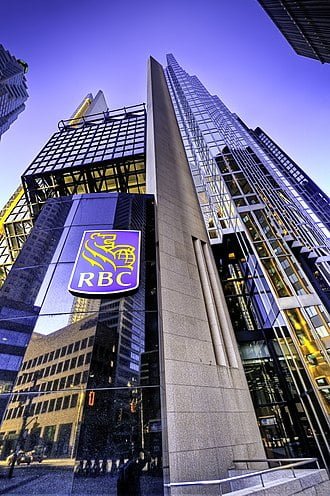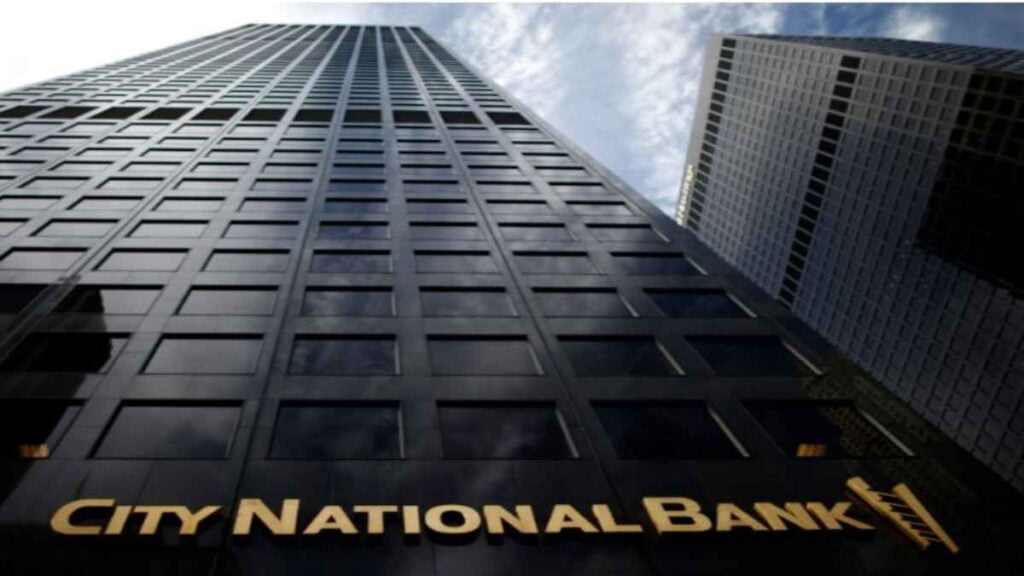City National Bank, often referred to as “Hollywood’s Bank to the Stars,” is facing a hefty lawsuit exceeding $770 million. The lawsuit accuses the bank of aiding and abetting a major Ponzi scheme orchestrated within the Los Angeles film industry. This is the latest controversy to engulf the prominent financial institution.
The Allegations: Bankrolling a Deceptive Scheme
The lawsuit centers on Zachary Horwitz, a sometimes-actor who went by the stage name Zach Avery. Horwitz allegedly masterminded a Ponzi scheme through his company, 1inMM Capital, LLC. The company offered investors high-yield promissory notes in exchange for their funds. Horwitz promised to use the money to acquire film rights and secure lucrative licensing deals with major studios like HBO, Netflix, and Sony, leveraging his supposed industry connections.
However, the lawsuit alleges that these claims were entirely fabricated. Instead of investing in film projects, Horwitz reportedly used the new investor funds to pay off earlier investors, a classic hallmark of a Ponzi scheme. The lawsuit claims City National Bank played a crucial role in enabling this scheme.
Red Flags and Missed Opportunities?
The lawsuit details how Horwitz maintained at least seven separate accounts at City National Bank, with himself as the sole authorized signatory. The complaint alleges that the bank should have raised red flags due to the nature of the transactions. These included:
- Large and frequent transfers of money from investor accounts directly to Horwitz’s personal accounts.
- A lack of documented investment activity corresponding to the promised film deals.
- The short-term nature of the promissory notes, which is unusual for legitimate film financing.
Despite these potential indicators of fraudulent activity, the lawsuit argues that City National Bank failed to take any action. The bank allegedly continued to service Horwitz’s accounts and facilitate the flow of funds, even as the Ponzi scheme grew.
Lawsuit Seeks Recompense for Deceived Investors
The lawsuit, filed as a class action, represents a group of investors who lost money in the alleged Ponzi scheme. They are seeking a total of $770 million in damages from City National Bank. This figure includes the lost principal investments and potential interest earned.
City National Bank Responds
City National Bank has issued a statement denying the allegations in the lawsuit. They claim they properly serviced Horwitz’s accounts and complied with all banking regulations. The bank intends to vigorously defend itself against these charges in court.
Fallout for Hollywood’s Banker
This lawsuit is another blow to City National Bank’s reputation. The bank has faced scrutiny in the past for its dealings with other celebrities who have encountered financial difficulties. This incident raises questions about the bank’s due diligence practices and its potential role in facilitating financial misconduct.
what is Ponzi Scheme Lawsuit?
A Ponzi scheme is a type of financial fraud where people are promised high returns with little or no risk. Instead of actually investing the money, the fraudster focuses on recruiting more investors. The funds from these new investors are used to pay returns to earlier investors, creating the illusion of a profitable venture.
The scheme relies on a continuous influx of new money to sustain itself. When the stream of new investments slows down, there isn’t enough money to pay the promised returns, leading to the collapse of the Ponzi scheme.
Who owns City National Bank?

City National Bank is currently owned by Royal Bank of Canada (RBC), a major Canadian financial institution headquartered in Toronto. RBC acquired City National Bank in 2008 and it operates as a subsidiary under the name RBC USA Holdco Corporation.
Impact and Future Developments
The outcome of this lawsuit will be closely watched by the financial and entertainment industries. A substantial judgment against City National Bank could set a precedent for future cases involving banks and investment fraud. Additionally, it could lead to increased scrutiny of financial institutions that cater to high-profile clients.
This lawsuit also serves as a stark reminder for investors to be cautious about any investment opportunity, regardless of the industry or the people involved. Thorough due diligence and seeking professional financial advice are crucial steps before investing any money.


Pingback: Unveiling the Mystery of Universe’s 1st Black Holes: How Stars Are Involved? - American Report